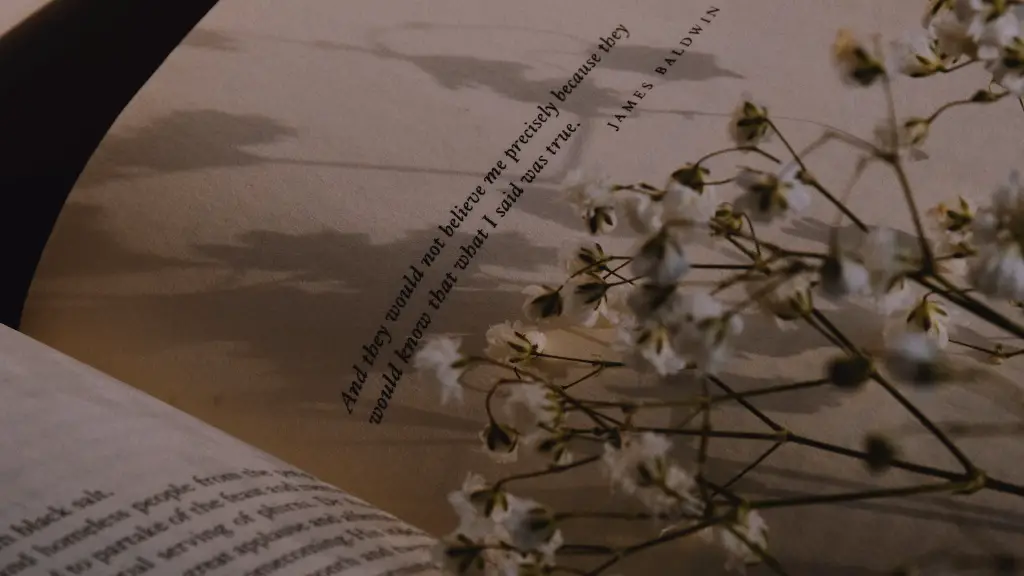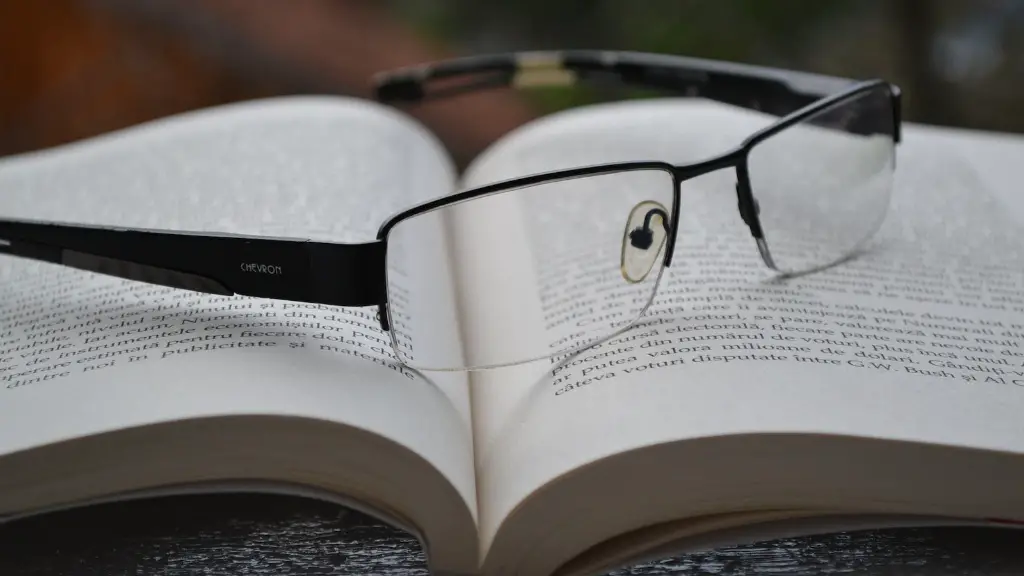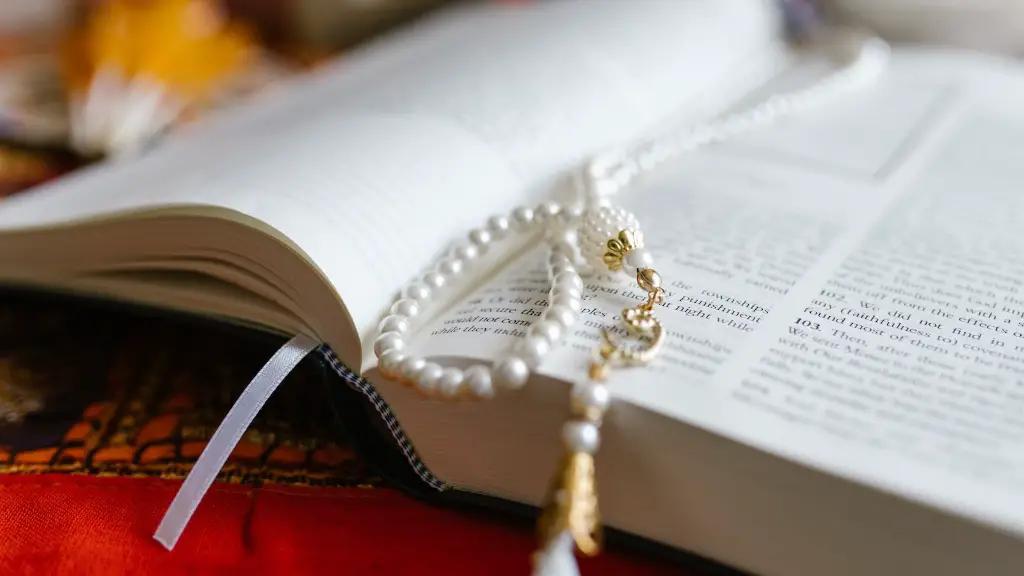Background Information
Talking about poetry is often intimidating because of the perceived difficulty of understanding and interpreting it. In much the same way one might talk about a film or a piece of art, talking about poetry requires the ability to uncover the many layers of meaning within a given poem. Poetry also provides readers with an opportunity to contemplate life and express their feelings in ways that cannot be done with conventional speech. While talking about poetry can prove to be a challenging task, it is also an opportunity to savor language and discover the intricate nuances of meaning in often simple-seeming words.
Elements of a Poem
When discussing poetry, it is important to first understand the main elements of a poem: the author’s choice of words, the patterns of sound, the rhythm of the lines, and the form of the poem. When thinking about the author’s choice of words, one must consider what connotations the words have and the meaning behind them. The inflection and patterns of sound create a certain feeling within the poem. The rhythm of the lines creates a certain flow of the poem and adds to the feeling, while the form of the poem is the shape or structure of the poem.
Exploring the Links
When discussing poetry, it is crucial to explore the links between the author’s life, the poem, and the times in which it was written. In most cases, this is achieved by looking at the biographical details of the poet, the prevailing conditions of the time, and the particular elements of the poem. Using this information, the reader can then discover the nuances and implications behind the words, linking the poem to the author’s life and the conditions of the time.
Commentary
To create meaningful conversation about a poem, it is often helpful to focus on and comment on the individual elements of the poem. This could include comments about the author’s choice of words, the patterns and inflections of the sounds, and the rhythm and form of the poem. It is also important to note that a poem can be interpreted in many ways. As a result, it is important to consider the individual’s interpretation of the poem alongside discussing the main elements.
Making Connections
When talking about poetry, it is important to make connections between the poem and the world outside the poem. This could include connecting the poem to current events or other forms of art. Making relevant connections between the poem and the world creates an opportunity to engage in meaningful conversation. It is also important to consider how universal themes can be found in a poem, allowing readers to relate to the poem in ways beyond the specific elements of the poem.
Appreciating Subtlety
When talking about poetry, it is essential to understand that poetry is often full of layers of meaning and many subtle nuances which the reader must uncover. As a result, it is important to pay attention to the details of the poem, as it is often in these details that the poems can be properly understood and appreciated. Furthermore, it is important to keep an open mind and consider alternative interpretations of the poem.
Visceral Understanding
In addition to understanding the complexity of a poem, it is also important to appreciate the feeling of a poem. This could include the poem’s ability to evoke a physical response or its expressive value. In many cases, this visceral understanding can be more important than the textual analysis of the poem.
The Power of Poetry
When talking about poetry, it is important to recognise the power of poetry to create an emotional response and an appreciation of the written word. Through this appreciation, readers are able to develop a deeper understanding and appreciation of the poet’s experience and the complex messages behind the poem. In many cases, talking about poetry can be a powerful and meaningful experience for both the reader and the poet.
Constructive Criticism
When discussing poetry, it is important to consider the possibility of discussing it critically. This involves looking at a poem from a constructive standpoint and offering constructive criticism in order to gain a better understanding of the poem. This may include looking at how the poem’s structure contributes to its overall purpose and looking for points of improvement.
Studying Poetry
When talking about poetry, it is often helpful to study the different types of poetry and their common features to develop an understanding of the genre. This can involve reading examples of different types of poetry, such as sonnets or haikus, as well as discussing the components of each type of poem. By studying different types of poetry, readers are able to gain a better understand of the larger purpose of a poem.
Challenging Poetry
When talking about poetry, it is important to challenge preconceived notions and push the boundaries of what a poem can be. This involves looking past the traditional forms and common themes to uncover the subtle complexities of a poem. By pushing the boundaries of what a poem can be, readers are able to discover and uncover deeper meaning in the poem.
Alternative Appreciation
When talking about poetry, it is important to appreciate it from an alternative perspective. In many cases, poetry can be experienced in ways beyond the traditional forms. This may include considering how poetry can be experienced in theater, music, or visual arts. By exploring alternative ways to appreciate poetry, readers are able to gain insights into the poem that would not be available from traditional sources.
Creative Interaction
When talking about poetry, it is important to recognize its potential to create creative interactions. When engaging with a poem, readers are able to draw on their own experiences, feelings, and knowledge to create something unique. This could include writing a response to the poem or creating their own works inspired by the poem.
Uncovering Meaning
When talking about poetry, it is important to explore the many layers of meaning that exist within a poem. This involves looking past the surface level of the poem to uncover the subtleties of meaning that often require deeper analysis. To do so, readers must consider how the words and phrases are used, how they relate to the author’s life, and how they relate to the world outside the poem.
Finding Connection
When talking about poetry, it is important to consider how the poem connects to the individual. This often involves looking within oneself to consider how a poem speaks to their life and experiences. This can be achieved by looking at the common themes in the poem and the emotions invoked by the poem. Through this connection, readers are able to gain a deeper understanding of the poem and find a personal connection to the work.



